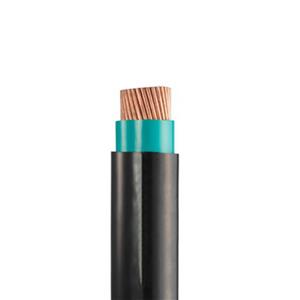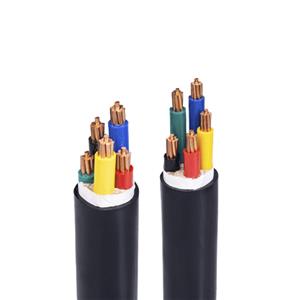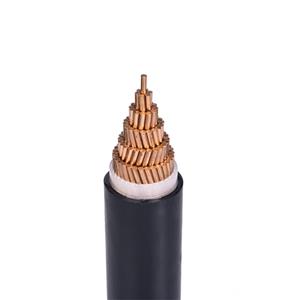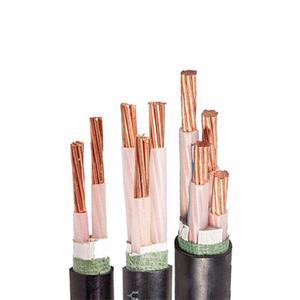What is the difference between RVV and RV?
Whether it is wire or cable, different letters represent different meanings. For example, RVV is a cable, while RV is a wire, so what is the difference between the two?
In fact, both types of wires and cables belong to power cables, but they are different in use, conductor structure, sheath material, rated voltage, etc. Next, the cable manufacturer will take you to see the difference between RVV and RV.
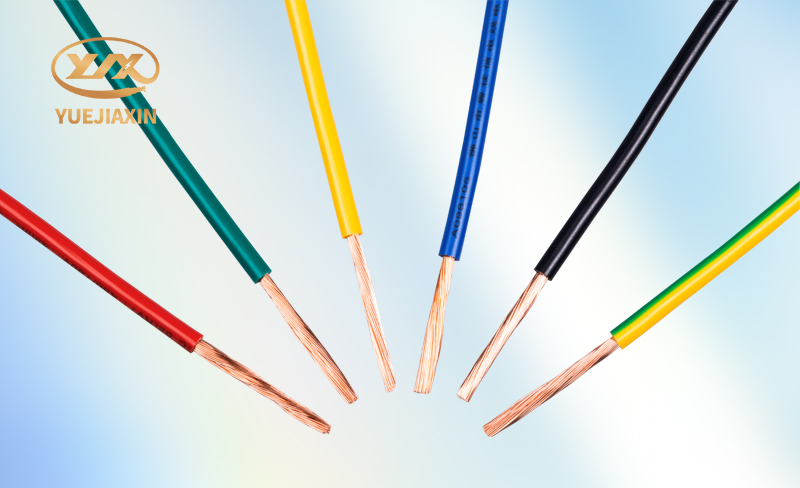
1. The product names are different. The full name of RV is copper core polyvinyl chloride insulated connection soft wire and cable. RV wire and cable adopts a soft structure design, the conductor bending radius is small, and it is suitable for installation sites with high humidity and oil content. The full name of RVV cable is copper core polyvinyl chloride insulated polyvinyl chloride sheathed soft cable, also known as light polyvinyl chloride sheathed soft wire, commonly known as soft sheathed wire, which is a kind of sheathed wire. In fact, RVV wire and cable are two or more RV wires with an extra sheath.
2. The rated voltage is different. The rated voltage of RV wire is 450/750V, and the rated voltage of RVV wire is 300/500V.
3. The wire core structure is also different. RV wire is a single-core (multi-branch) copper wire, while RVV wire is a multi-core copper wire, which is made of two or more RV wires.
4. The sheath structure is different. There is no sheath outside the RV line, and there is a PVC sheath outside the RVV line. The main function is to protect the internal protective layer of the cable from mechanical extrusion and chemical corrosion, and play a role in tensile, compressive and antioxidant.
5. There are also differences in color. The colors of RV wires are red, blue, white, green, brown, gray, black, etc., while RVV wires are generally black and white.
6. Different uses. RV wires are widely used in the field of industrial power distribution, especially suitable for flexible installation places with strict requirements, such as electric control cabinets, distribution boxes and various low-voltage electrical equipment. They can be used for the transmission of power, electrical control signals and switch signals. RVV wires are mainly used for power lines, control lines and signal transmission lines for electrical appliances, instruments and electronic equipment and automation devices. Specifically, they can be used for anti-theft alarm systems, building intercom systems, etc.
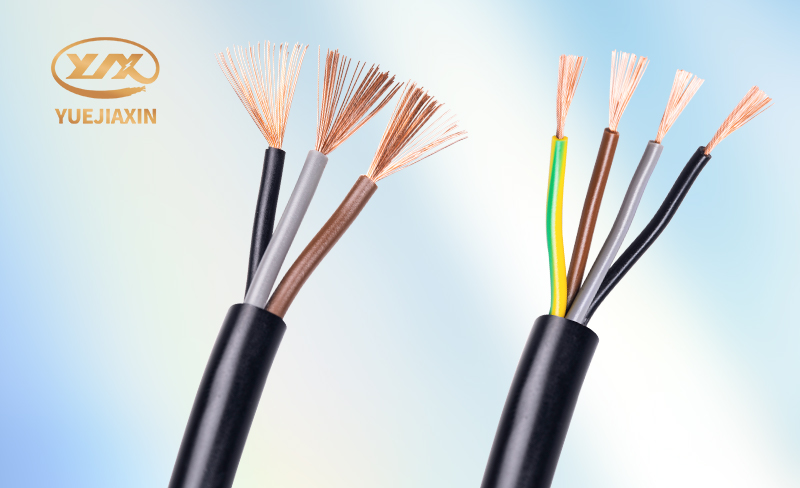
There is only one letter difference between RVV wire and RV wire, but they are different in use, wire core, voltage, etc. Foshan Yuejiaxin Wire and Cable Co., Ltd. has more than 25 years of experience in cable production since its establishment. The cables it produces are diverse and can be used in different scenarios.
- PVC-Insulated Cable
- 450/750V BV Single- Core Cu/PVC Cable
- 450/750V BVR Single- Core Cu/PVC Cable
- 300/500V Or 450/750V RV Single-Core Cu/PVC Flexible Cable
- 300/500V Or 450/750V RVV Multi-Core Cu/PVC/PVC Flexible Black Cable
- 300/500V Or 450/750V RVV Multi-Core Cu/PVC/PVC Flexible White Cable
- 300/500V Or 450/750V RVVP Multi-Core Cu/PVC/CWS/PVC Screened Flexible Cable
- 450/750V KVV Multi-Core Cu/PVC/PVC Control Cable
- 450/750V KVV22 Multi-Core Cu/PVC/STA/PVC Armoured Control Cable
- 450/750V KVVP Multi-Core Cu/PVC/CWS/PVC Screened Control Cable
- 450/750V KVVP2-22 Multi-Core Cu/PVC/CTS/STA/PVC Screened Armoured Control Cable
- 0.6/1KV PVC-Insulated PVC-sheathed Single-Core Power Cable
- 0.6/1KV PVC-Insulated PVC-sheathed Multi-Core Power Cable

